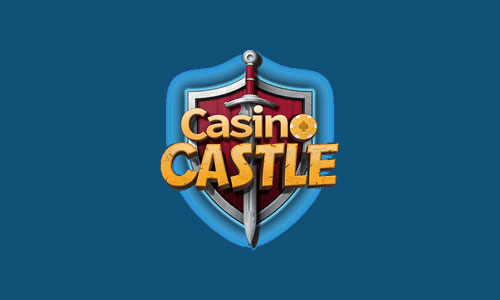Rating 4.5
£40 Free Bingo Bonus + 50 Free Spins
Rating 4.5
£40 Free Bingo Bonus + 50 Free Spins

UK only
Rating 4.3
Get a £40 Bingo Bonus on your 1st deposit
Rating 3.6
1st Bonus: 50% up to $600
Rating 4.3
10 free spins + 300% welcome bonus
Rating 3.5
Get 150% Bonus + 35 Free Spins

USA Friendly
Rating 4.5
350% Welcome Bonus + 20 Free Spins
Rating 4.6
$25 No Deposit, 1600% Bonus + 100 Free Spins
Rating 4.1
100 Free Spins + 300% match bonus
Rating 4.2
$50 No Deposit + 50 Free Spins

USA Friendly
Rating 4.5
$50 free no deposit + 50 Free Spins!
Rating 4.6
$25 No Deposit + 600% Bonus
Rating 4
$50 no deposit + 50 Free Spins!
Rating 4.7
600% Bonus + $25 No Deposit
Rating 4
$10 No Deposit, 30 Free Spins
300% Free Bonus Every Day & 110 Free Spins!
Rating 2.9
Get $40 No Deposit + 100 Free Spins!
Rating 4.2
300% Bonus up to $/€1500

USA Friendly
Rating 4.2
$30 Free no Deposit Bonus + 30 Free Spins!